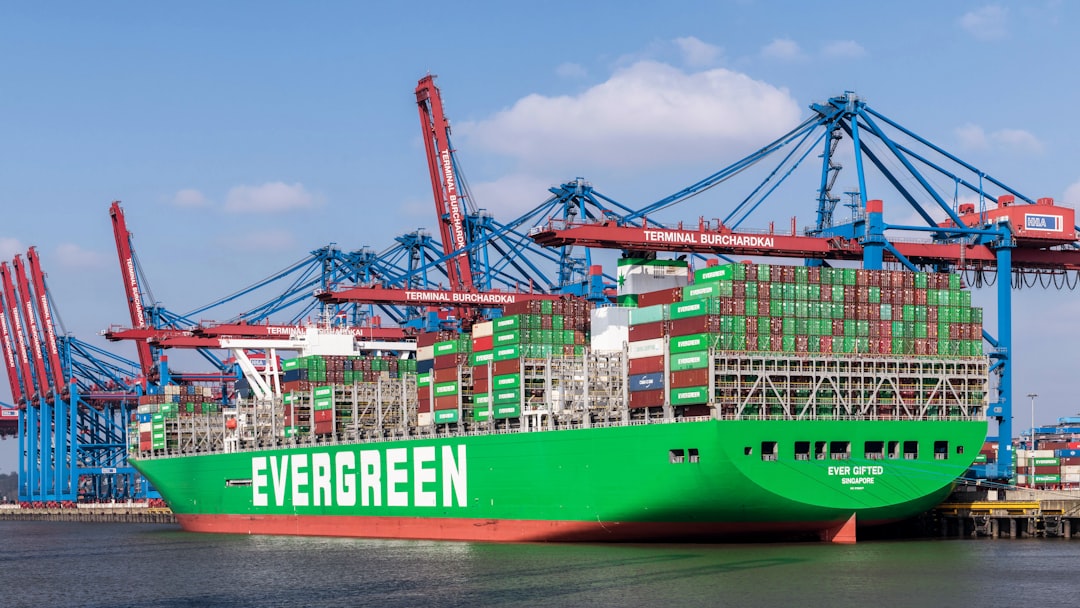In a bold response to escalating U.S. tariffs, China has pledged to “fight to the end” if President Donald Trump moves ahead with his latest threat to impose additional tariffs. The announcement comes amid intensifying trade tensions between the world’s two largest economies and has sent shockwaves through global financial markets.
Escalating Tariff Conflict
Following President Trump’s threat to increase tariffs on Chinese imports by 50% unless Beijing retracts its earlier 34% tariff hike on U.S. goods, China’s Ministry of Commerce responded firmly. A ministry spokesperson warned that any further escalation by the U.S. would be met with resolute countermeasures designed to protect China’s national interests. “If the U.S. insists on its own way, China will fight to the end,” the spokesperson declared, dismissing Trump’s new tariff proposals as “a mistake on top of a mistake.”
This dramatic rhetoric underscores the deepening trade dispute and raises significant concerns about the potential for a widening global trade war. Investors fear that an all-out tariff escalation could disrupt supply chains, increase production costs, and ultimately trigger broader economic instability and slower global growth.
Market Repercussions
The high-stakes trade battle has already unsettled global markets. Rising tariffs have the potential to translate into higher costs for raw materials, which may push up commodity prices and add to inflationary pressures worldwide. Economic analysts warn that if such policies persist, the cumulative impact could be substantial—potentially curbing global growth and reshaping international trade relationships for years to come.
For investors seeking to monitor commodity market trends that are likely to be affected by these escalating trade tensions, detailed real-time data is available via the Commodity Prices API. This endpoint provides critical insights into price fluctuations in key commodities, offering a valuable lens through which to assess the broader impact of trade-related risks.
Broader Economic Implications
Beyond the immediate financial turmoil, the intensifying tariff dispute could have lasting effects on the global economic order. Analysts highlight that these aggressive measures may not only affect trade flows but also strain diplomatic relationships, disrupt global supply chains, and force nations to reexamine their trade policies. The unfolding situation has the potential to reshape the global marketplace, with reverberations that extend well beyond the current U.S.-China standoff.
As the global community watches closely, the outcome of this confrontation could redefine trade norms and have lasting implications for international cooperation. Whether these threats will lead to a negotiated resolution or further escalation remains one of the pressing questions on the global economic agenda.
As tensions mount and commodity prices react to these shifts in trade policy, keeping a close eye on market data is critical. Utilizing tools like the Commodity Prices API can help investors and policymakers gauge the evolving impact of this high-stakes trade conflict on the global economy.




